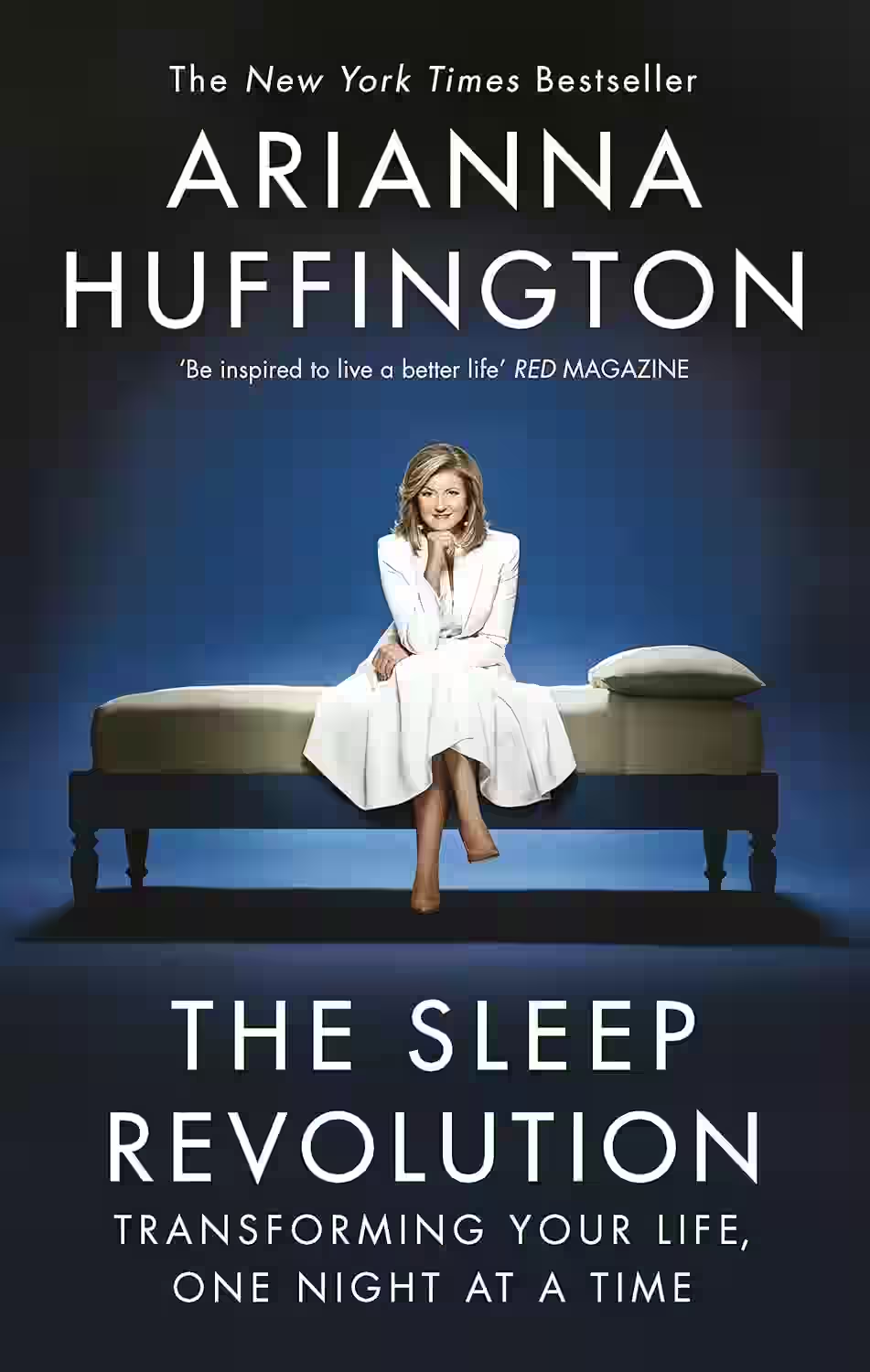
In The Sleep Revolution, Arianna Huffington calls for a cultural shift in how we value rest. Drawing on scientific research and personal experience, she explores the link between sleep and every major aspect of our lives—from health and productivity to decision-making and emotional well-being. Huffington examines the consequences of sleep deprivation and the historical, societal, and technological factors contributing to the epidemic of sleeplessness. With practical advice and compelling insights, the book urges readers to reclaim rest as a vital pillar of success and happiness, redefining sleep not as a luxury, but as a biological necessity.
About Arianna Huffington
Arianna Huffington is a Greek-American author, entrepreneur, and media mogul. She co-founded The Huffington Post, which became a pioneering digital news platform, and later launched Thrive Global, a wellness company focused on health, productivity, and well-being. Huffington has written over a dozen books, including Thrive and The Sleep Revolution, both advocating for a redefinition of success beyond workaholism and burnout. A passionate voice in the global wellness movement, she blends personal experience, scientific research, and cultural commentary. Known for her advocacy of sleep, mindfulness, and work-life balance, she continues to influence business leaders and readers seeking holistic success.
Other Books by Arianna Huffington
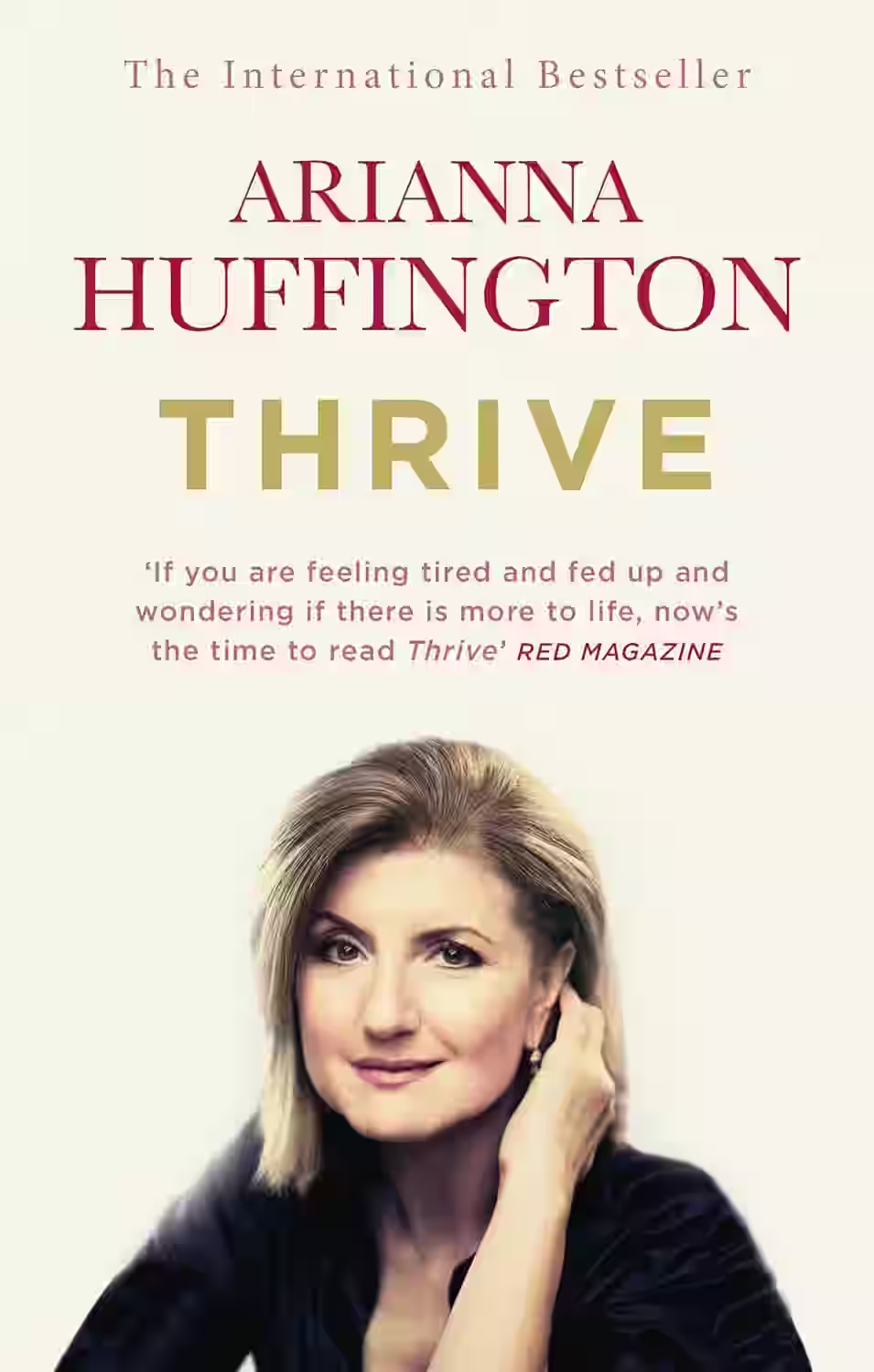
Thrive
In Thrive, Arianna Huffington redefines success beyond wealth and power, proposing a third metric rooted in well-being, wisdom, wonder, and giving. Drawing from research and her own life, she argues that burnout and stress are not badges of honor but symptoms of a misguided culture. The book explores mindfulness, sleep, gratitude, and compassion as essential to living a fulfilling life. Huffington weaves personal anecdotes with scientific insights to promote a more holistic vision of success—one that nurtures both the self and the community. Thrive serves as a call to prioritize what truly matters in a fast-paced world.
Similar Books
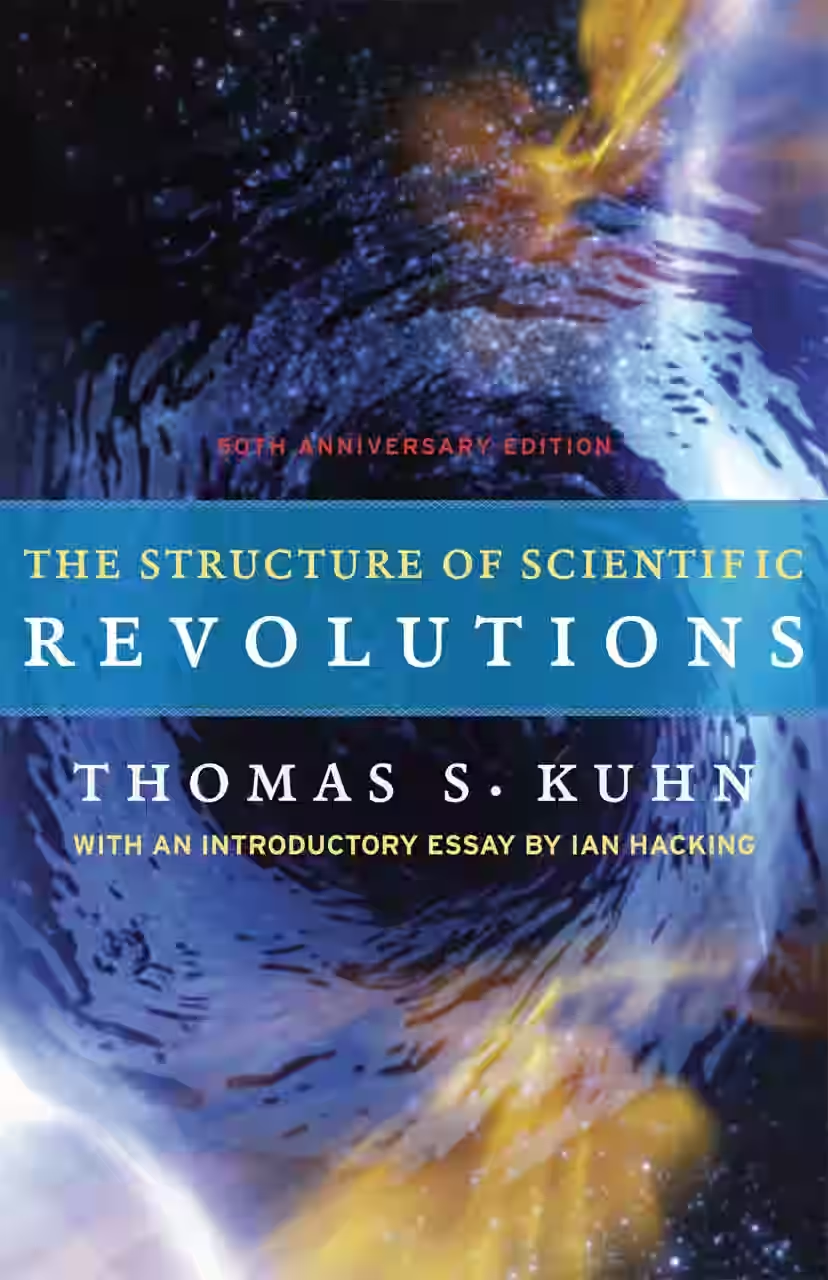
The Structure of Scientific Revolutions
Kuhn’s seminal work revolutionized how we understand science. He argues that scientific progress doesn’t occur gradually, but through paradigm shifts—periods of radical change in fundamental frameworks. Normal science operates within accepted paradigms until anomalies accumulate, prompting a crisis and eventual revolution. Kuhn uses historical case studies to illustrate this cycle, challenging the belief in linear scientific advancement. First published in 1962, The Structure of Scientific Revolutions has had a lasting impact on the philosophy of science, influencing fields from sociology to history. It remains essential reading for anyone seeking to understand how scientific knowledge evolves.
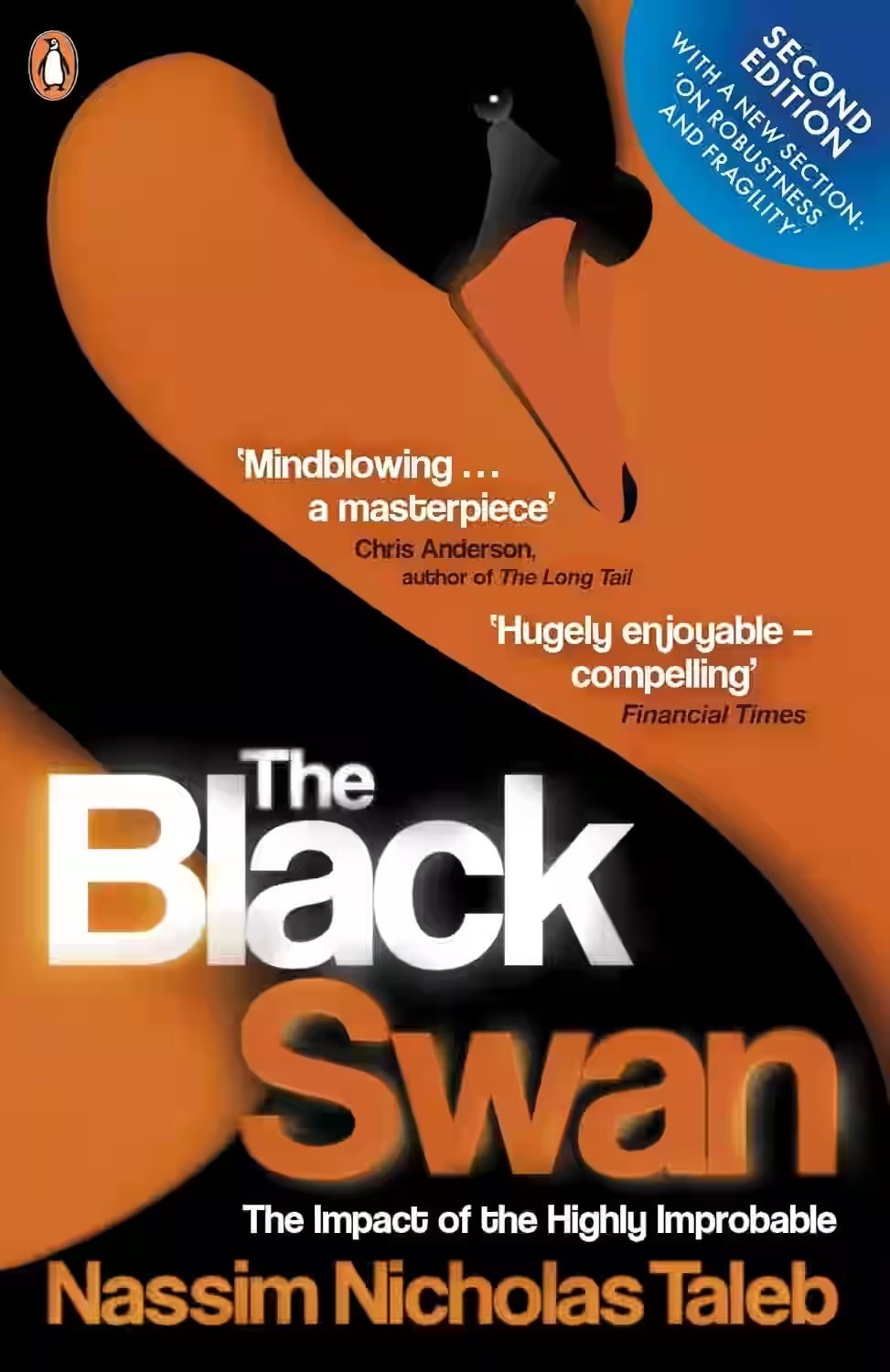
The Black Swan
Series: Incerto (#2)
The Black Swan explores the profound impact of rare, unpredictable events—what Taleb calls “Black Swans”—that lie outside normal expectations but have massive consequences. The book challenges traditional forecasting and risk models, arguing that humans consistently underestimate uncertainty. Taleb illustrates how randomness and surprise shape history, from financial markets to scientific breakthroughs, and advocates for antifragility—systems that benefit from disorder. Combining philosophy, probability theory, and anecdotal insight, The Black Swan is a provocative critique of modern thinking and a call to embrace humility in the face of complexity. It’s a transformative read for anyone making decisions in uncertain environments.
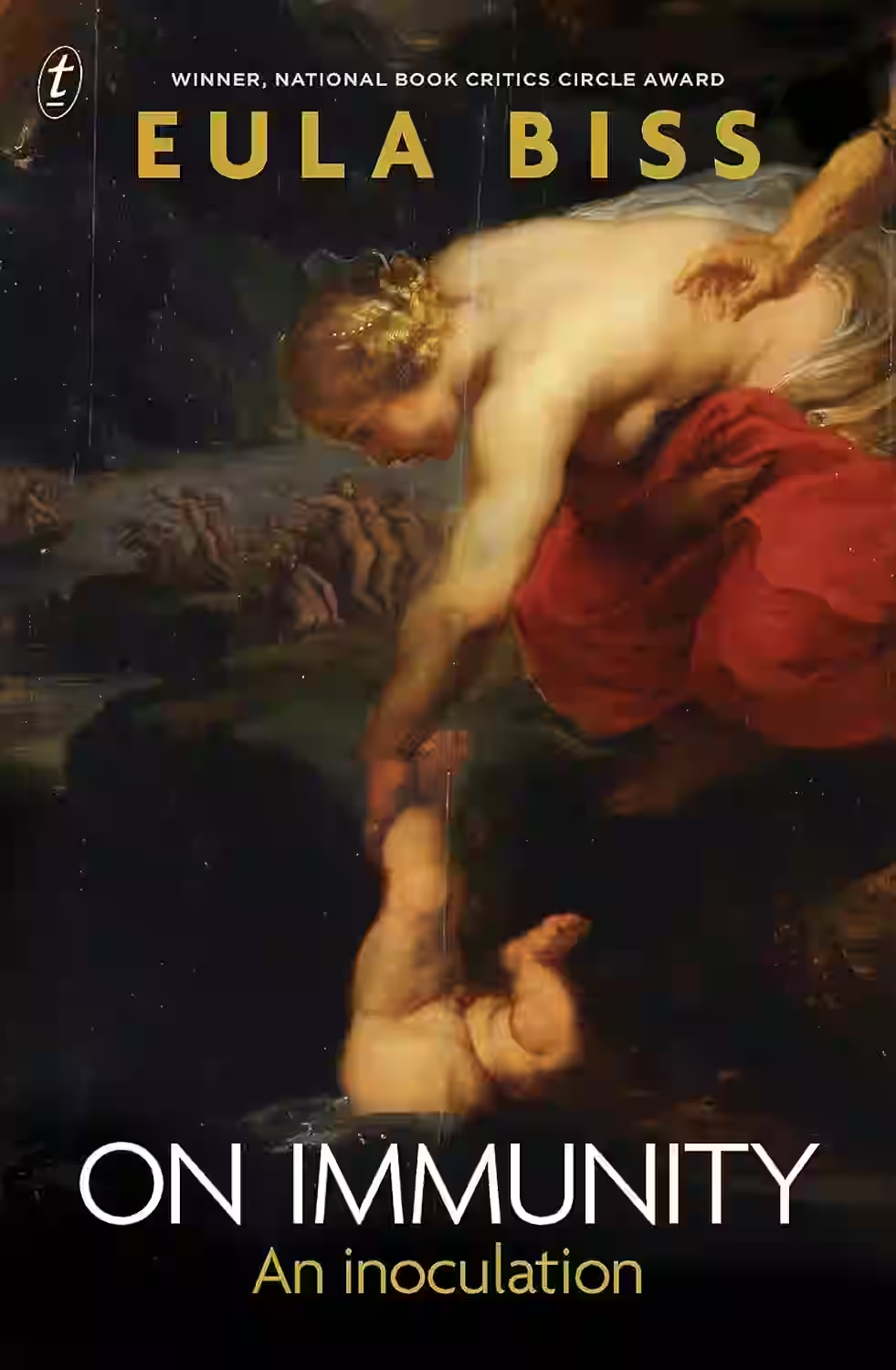
On Immunity: An Inoculation
by Eula Biss
Eula Biss blends science, memoir, and cultural criticism in this thoughtful examination of vaccines and public health. Prompted by her experience as a new mother, Biss investigates the history, fears, and philosophies surrounding immunization. She explores how ideas of purity, trust, and community intersect with medical decisions. By drawing on mythology, literature, and science, she unpacks the social implications of immunity—not just as biology, but as a collective responsibility. On Immunity is a deeply intelligent and lyrical argument for vaccination as a civic act, offering clarity in a world rife with misinformation and anxiety about health.
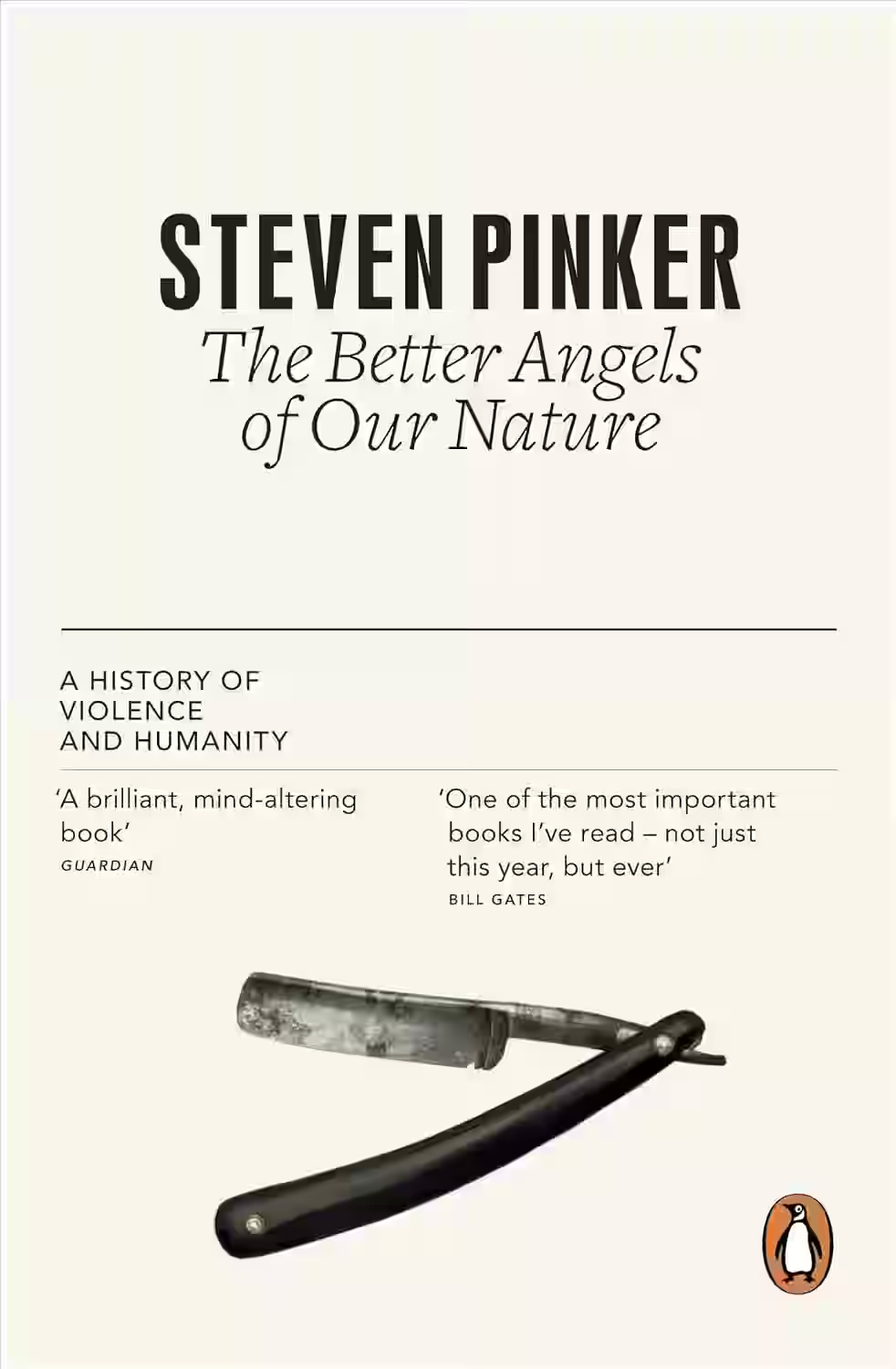
The Better Angels of Our Nature
In The Better Angels of Our Nature, cognitive scientist Steven Pinker argues that, contrary to popular belief, violence has declined significantly over human history. Drawing on data from psychology, history, and political science, Pinker examines how societal changes—such as the spread of literacy, trade, and centralized governance—have contributed to a more peaceful world. He identifies forces like empathy, reason, and moral progress as "better angels" guiding human behavior. Though controversial, the book provides a compelling, data-driven narrative that challenges pessimistic views of human nature and makes a bold case for the progress of civilization over the centuries.